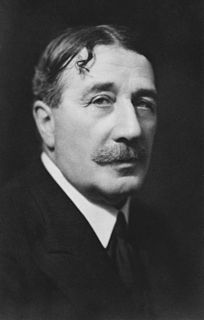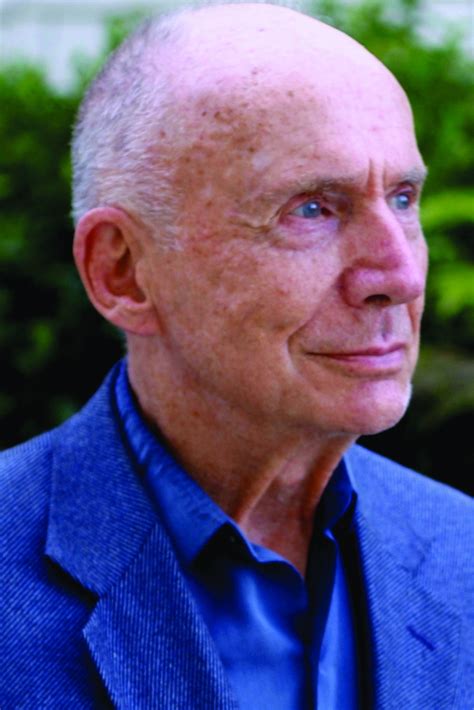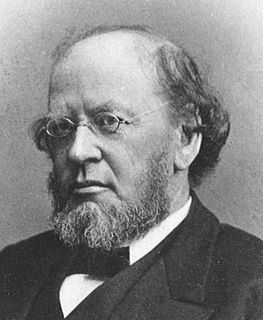A Quote by John Stuart Mill
The dictum that truth always triumphs over persecution is one of the pleasant falsehoods which men repeat after one another till they pass into commonplaces, but which all experience refutes.
Related Quotes
There is a popular heresy abroad today which states that if a little is good, more is better. Following this dictum creates a life which is never fulfilling. Even while you are engaged in one rich experience you are looking about for another. There is no contentment because future plans are always intruding on the present.
Then a dog began to howl somewhere in a farmhouse far down the road, a long, agonized wailing, as if from fear. The sound was taken up by another dog, and then another and another, till, borne on the wind which now sighed softly through the Pass, a wild howling began, which seemed to come from all over the country, as far as the imagination could grasp it through the gloom of the night.
your actions live after you till this globe is dissolved; they pass inevitably down as an inheritance from one generation to another. ... decency and integrity, courage and compassion, are always well worth while; they are not lost, but pass on down the generations; we are indeed the heirs of all the ages.
To experience poetry is to see over and above reality. It is to discover that which is beyond the physical, to experience another life and another level of feeling. It is to wonder about the world, to understand the nature of people and, most importantly, to be shared with another, old or young, known or unknown.
To call ourselves a Microcosme, or little world, I thought it onely a pleasant trope of Rhetorick, till my neare judgement and second thoughts told me there was a reall truth therein: for first wee are a rude masse, and in the ranke of creatures, which only are, and have a dull kinde of being not yet priviledged with life, or preferred to sense or reason; next we live the life of plants, the life of animals, the life of men, and at last the life of spirits, running on in one mysterious nature those five kinds of existence, which comprehend the creatures not onely of world, but of the Universe.
No stars gleam as brightly as those which glisten in the polar sky. No water tastes so sweet as that which springs amid the desert sand. And no faith is so precious as that which lives and triumphs through adversity. Tested faith brings experience. You would never have believed your own weakness had you not needed to pass through trials. And you would never have known God’s strength had His strength not been needed to carry you through.
Only the truth and its expression can establish that new public opinion which will reform the ancient obsolete and pernicious order of life; and yet we not only do not express the truth we know, but often even distinctly give expression to what we ourselves regard as false. If only free men would not rely on that which has no power, and is always fettered upon external aids; but would trust in that which is always powerful and free the truth and its expression!
Of the Logos which is as I describe it men always prove to be uncomprehending, both before they have heard it and when once they have heard it. For although all things happen according to this Logos, they [men] are like people of no experience, even when they experience such words and deeds as I explain, when I distinguish each thing according to its constitution and declare how it is; but the rest of men fail to notice what they do after they wake up just as they forget what they do when asleep.
That which is wrong under one circumstance, may be, and often is, right under another. God said, 'Thou shalt not kill'; at another time He said, 'Thou shalt utterly destroy.' This is the principle on which the government of heaven is conducted—by revelation adapted to the circumstances in which the children of the kingdom are placed. Whatever God requires is right, no matter what it is, although we may not see the reason thereof till long after the events transpire.







































